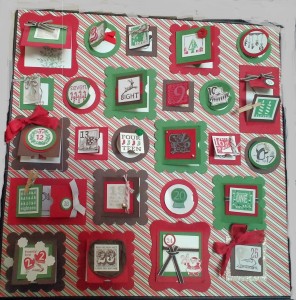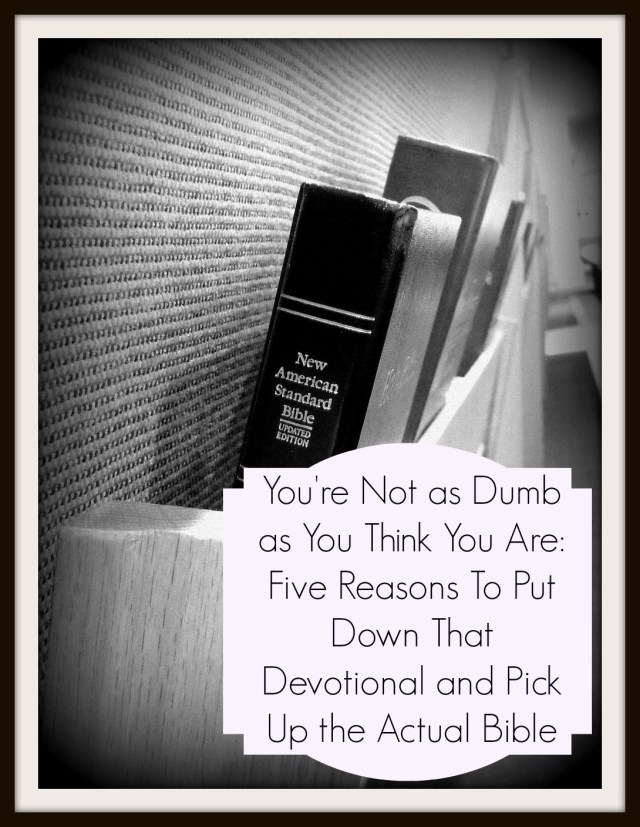
Is your family getting ready for Advent? Loosely defined, Advent is the period of time leading up to Christmas when we commemorate Christ’s first coming and anticipate His second coming. And what better way to do so than by making Bible study and worship part of your family tradition? Here are some awesome Advent resources for young and old alike. Most of them are free, but the ones that aren’t, I’ve marked with a 💰.
December Advent!– Here’s an advent calendar, craft, and devotional all rolled into one! Naomi’s Table is a women’s Bible study resource that I highly recommend for sound doctrine and right handling of God’s Word. Have a listen to their daily Advent podcasts and make the Advent calendar that goes with them!

Need a good Advent playlist? I’ve created one on YouTube. Your favorite Advent (not Christmas) song isn’t included? Leave a comment and I’ll add it if appropriate.

Good Tidings of Great Joy– “These thirty-eight meditations on Christ’s incarnation from the pen of Charles Spurgeon are an ideal companion in the approach to the Christmas season. Indeed, they point believers just as emphatically toward the second advent of Christ, and so are a valuable guide at any time of year. Brief, powerful, and vivid, each devotional sparks renewed wonder at the grace of God in the incarnation of his Son.”💰

Looking for an Advent devotional, but you’re more of a watcher/listener than a reader? Try Let Earth Receive Her King, a 25 day video devotional from Apologia Studios. “Pastor Jeff Durbin guides and teaches this Advent series and takes you and your loved ones through the Scriptures in both the Old and New Testaments. Celebrate God becoming a man and the King. Feast, Laugh, Rejoice, and Worship together with us during this blessed season!”
You must subscribe to the website for access to the devotional, but there is a free subscription option.

Names of Jesus Advent Ornaments– One for each day, December 1-24. Create them on paper, cardboard, or wood, and study one of the names of Jesus each day leading up to Christmas. Free printables, too!1
25 Christmas Myths and What the Bible Says– Was Jesus Born on December 25? Did the angels really sing to the shepherds? And what about that inn keeper? In his book, 25 Christmas Myths…, Gabriel Hughes tackles some of the folklore and false assumptions that have sprung up around the Christmas story and shares what the Bible really teaches. One lesson for each day December 1-25.💰

The Christ of Christmas– “In this collection of Christmas insights and messages, Dr. James Montgomery Boice emphasizes the incredible implications of one of our favorite true stories. The Christmas story has deep meaning today, not merely as a nice bedtime story for children or a narrative in a choral concert, but as a foundation point of your salvation and your new life in Jesus—the omnipotent, omniscient, righteous Christ of Christmas.”💰

Tim Challies’ Visual Theology Advent Calendar- “By using this colorful calendar, you and your family can read your way toward Christmas. It includes daily readings from December 1 to December 24, with a “focus verse” for each day. It proceeds from The Need for a Savior, to The Promise of a Savior, to The Wait for a Savior, to The Birth of a Savior.” Free downloads of the 8″ x 11″ version and the 18″ x 24″ version, or purchase the wall-sized poster, or the coloring poster.💰

Looking for a daily Bible reading plan for Advent? Try this 31 Day Advent Reading Plan from ESV.org. (You can use the plan with any translation if ESV isn’t your fave.)
“In the midst of traditions and trimmings, it’s easy to be distracted by the busyness of the Christmas season, neglecting to celebrate the true story of Jesus’s coming. This 31-day journey through the Scriptures is meant to focus our hearts on the wonder of the Advent season: God with us.”

Advent Calendar in a Jar– What a cute idea for a gift or for yourself. Printables and instructions for making an Advent calendar banner, with a Bible verse for each day. You can even use them as Scripture memory cards! (Kim seems like a sweet lady but don’t get your theology from her. Stick to her craft and decorating ideas.)1💰

The Best of Christmas, a six sermon series by John MacArthur, “takes you on a fascinating journey through time to explore the Christmas story from a variety of perspectives—all based on the Bible, not myth. You’ll learn not only the facts and figures behind the birth of Jesus but also why those truths are important and how they affect your life today.”

A Christmas tree Advent calendar made out of Legos? Yes, please! Gather up some larger Legos or Duplo blocks – one for each day of Advent – fire up ye olde concordance, and write one of the names of Jesus on one side, and the Scripture reference for that name on the other. Build your Lego tree day by day until it’s Christmas, reading and discussing the Scriptures with your children each day. From Parenting to Impress1.





